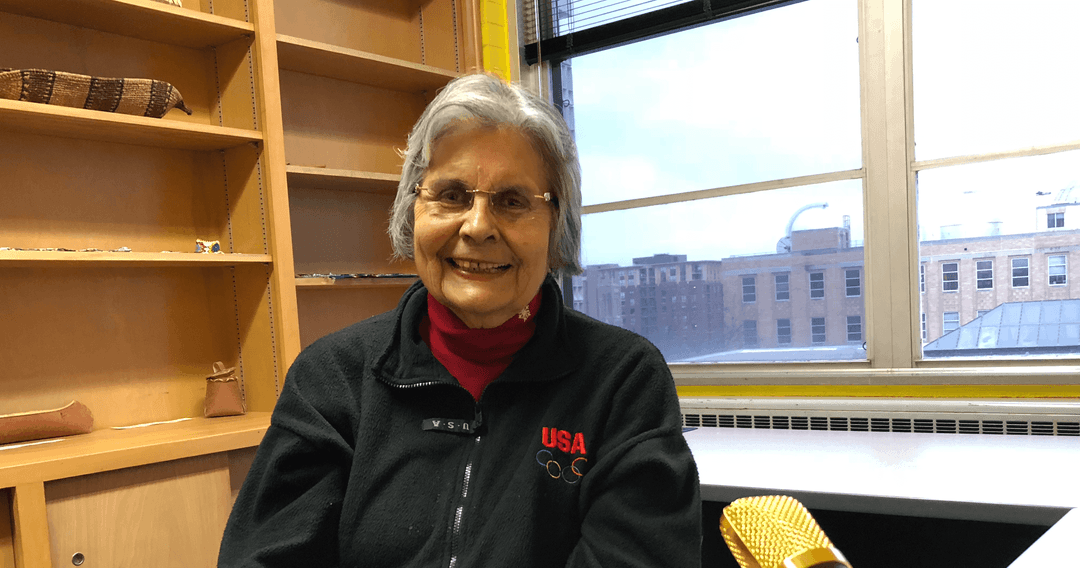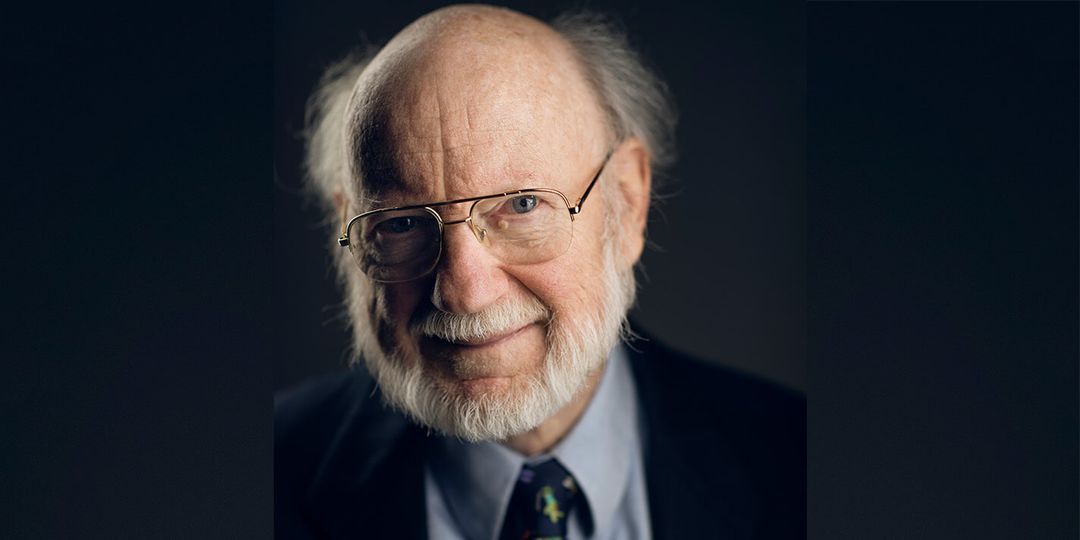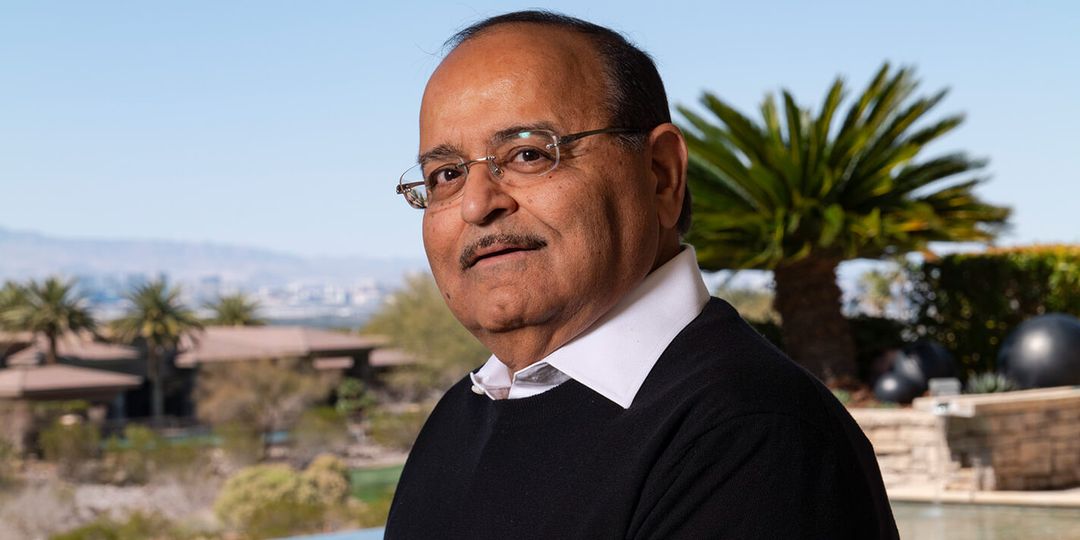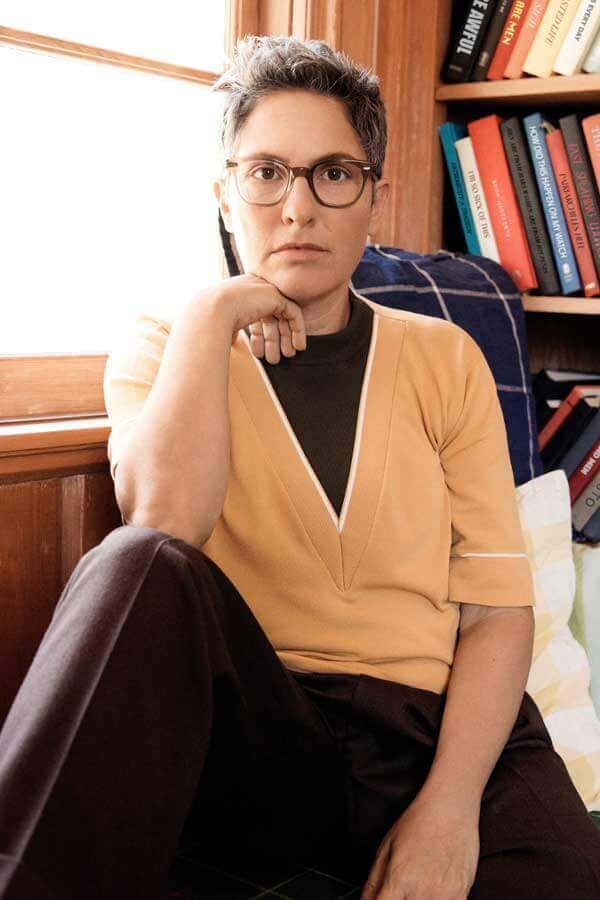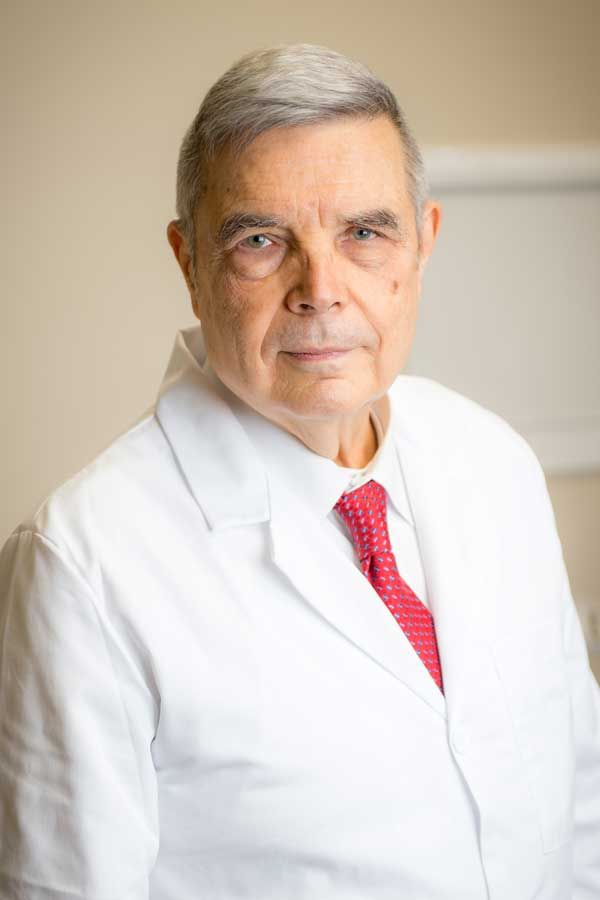2012 Distinguished Alumni Award Honoree
It’s not often that an attorney has a hand in establishing a new branch of law.
But William Shernoff JD’62 did just that when he won the landmark case Egan v. Mutual of Omaha in 1974. The case resulted in what is known as bad-faith insurance law. Now in force in more than 30 states, these acts allow consumers to sue insurance companies that take advantage of policyholders.
The senior partner in the Shernoff Bidart Echeverria Bentley law firm in California, Shernoff grew up in Crivitz, Wis., about 50 miles north of Green Bay. His father was the town lawyer for the 500 residents and nearby farmers.
His grandparents, who had Jewish roots, emigrated from Russia to Chicago. His grandfather was a jeweler and watchmaker, and in order to get time to work on his craft, he and his wife opened some pawnshops. In one transaction, they got a Crivitz farm in payment of a debt.
During the Depression, Shernoff’s father moved to the Wisconsin farm because he couldn’t find a job with his degrees from the University of Chicago and DePaul University Law School. Two years later, William was born. When he was ready for school, his father and mother, who had struggled with the farming life, moved into town. His father opened a law practice in the back of a drug store, which the family also started.
Shernoff describes himself as a loner in the small town and “not a great student.” His family sent him to the University of Miami in Coral Gables, Fla., to get him away from the isolation of small-town life. But he admits that it wasn’t until he arrived in Madison that his life started to improve.
“The professors were outstanding. They really did inspire me,” he says. “I wanted to help the underdog. [Madison] gave me an exposure to the academic world that I never had before.”
Shernoff says his father shared his liberal underpinnings with his son, and the community-focused life of the farming town instilled in the young boy an instinct to help others. That was underscored by Madison culture in the early 1960s.
“Everything was progressive, which suited me quite well,” he says.
He worked as a page for the Wisconsin Legislature, and he and his wife lived in graduate student housing in Eagle Heights.
Married and facing new responsibilities, the law school graduate needed a job, so he joined the U.S. Army as a first lieutenant lawyer. His devotion to “the little guy” grew as he defended soldiers involved in court martial proceedings. The rigorous law practice and the additional public speaking required to educate his fellow soldiers changed Shernoff from a quiet loner into an articulate litigator.
He got two job offers when he left the Army, but couldn’t decide between returning to a law practice in Madison or joining the National Labor Relations Board staff in San Francisco. In a youthful moment of fate, he drove his 1960 Ford Falcon pulling a U-Haul out to a highway. If he turned right, he would go to Madison. If he turned left, he would head to a less secure life in California. He turned left.
Shernoff eventually joined a law practice in Claremont, Calif., doing personal injury work, and in 1975, he started his own firm.
“I knew I didn’t want to go to work for a big law firm,” he says. “I didn’t want to get caught up in representing corporate America. That did not appeal to me.”
Instead, he took on the pivotal Egan vs. Mutual of Omaha case that led to bad-faith insurance law.
Mike Egan, a 55-year-old roofer, had fallen 12 feet and seriously injured his back. After surgery, Egan’s doctor declared him totally disabled. His insurance company contested Egan’s disability insurance claim and said he was suffering from an illness rather than a permanent disability. The company stopped paying the disability claim.
Egan and Shernoff fought the insurance company for 10 years. It led to a $5.1 million punitive award at the trial court level. The legal principle, upheld by the California Supreme Court, created new case law that makes it easier for consumers to hold insurance companies accountable.
In the 2004 edition of his book Payment Refused, Shernoff explains the court’s views on bad-faith insurance in this way: “(I)nsurance companies take premiums from their policyholders in exchange for protection, and the insurers ought to act like protectors, not adversaries.”
Shernoff focused his career on the bad-faith insurance issue and won several landmark cases. He helped the government of American Samoa win a $100 million jury award for damages after a devastating hurricane. He also represented survivors of those who died in concentration camps in World War II. With no death certificates for their relatives, the families were turned down as life insurance policy beneficiaries. Shernoff helped them get a $5 billion settlement that was distributed to survivors worldwide.
Shernoff says he’s “more into crusades than cases.” He adds that he is absolutely convinced that without punitive awards, the nation’s insurance companies will not “sit up and change their ways” to pay all legitimate claims filed by honest consumers.
He gives as an example one case brought by Elmer Norman, who in the early 1970s had a $48 gripe with his health insurance provider and ended with a jury verdict involving punitive damages of $4.5 million.
“Who takes a case for $48?” asks Shernoff from his home in Beverly Hills. “He had a great story. I usually didn’t focus on the dollar amount but [on] how egregiously the insurance company treated its customer.”
Norman was a colorful character who had rigged a homemade hearing aid with stereo headphones hooked to a box with a microphone on his belt. He was a gentleman, according to Shernoff, and in his later years, he didn’t ask for much, but he did want his medications and a hearing test. His insurance company, Colonial Penn Franklin, refused to pay for the hearing test and medicine for an ear infection. During the trial, Shernoff discovered that in addition, the insurance company had reduced coverage in a new policy that it had sold as improvements and not reductions in coverage. The company’s strategy cut the benefits of 100,000 older people and was designed to help it save $4 million, according to legal scholars.
In his closing arguments, Shernoff underscored his deeply held beliefs that drove his career: “I believe in a decent profit,” he told the jury. “But I don’t believe in excessive profit, especially when you are dealing with old folks. I believe in telling the truth – the whole truth – not half the truth.”
J. Robert Hunter, a former Texas insurance commissioner and the current director of insurance for the Consumer Federation of America, said in a 2003 article in The American Prospect that Norman’s case was a watershed for the insurance reform crusade that Shernoff started. The litigation “did more in one year to reform claims practices than years of regulation,” Hunter told the magazine.
Shernoff also wrote a textbook and three consumer books that help everyday people understand bad-faith insurance and take steps to get their claims paid. He has been featured in the New York Times, the Wall Street Journal, Time Magazine and on 60 Minutes.
While more than 30 states embrace the bad-faith insurance precedent, Shernoff would like to see his legal precedent spread to all 50 states.
He co-founded with consumer advocate Ralph Nader the National Insurance Consumer Organization (NICO) and in the 1990s, provided funding to start the UW Law School’s Consumer Law Program (now the Consumer Law Clinic), which serves as one of the main programs in the school’s Economic Justice Institute, training law students to work on behalf of consumers in conflict with large, powerful institutions.
As he approaches his mid-70s, Shernoff says he has no intention of slowing down. He is targeting abuses in the health insurance industry in particular. He acted as a resource to filmmaker Michael Moore for the documentary Sicko. With health care reform on the horizon, Shernoff adds that he will continue to be vigilant that the relationships between patients and doctors remain strong while the nation figures out how to finance excellent health care for everyone.
Shernoff’s work getting payments from life insurance companies throughout the world for Holocaust survivors is the subject of a documentary, On Moral Grounds, which was purchased and distributed by Sony. Screen Gems bought the rights and has plans to make a dramatic film with the story.
The Shernoff family still owns the farm in Crivitz, which has now become a retreat. Northern Wisconsin and Shernoff’s roots at UW-Madison could have a cameo in the film.
In Appreciation
While five decades have gone by since I graduated from the University of Wisconsin Law School, my academic training served as the foundation for what would become and still is my inspiration — to fight for consumer rights.
I am often asked about my pioneering what is known as bad-faith insurance law — one of the few new torts established in the twentieth century.
As I graciously accept the university’s Distinguished Alumni Award, I will take this opportunity to elaborate on the creation of the Law of Insurance Bad Faith — maybe it will serve as continued inspiration for the ranks of fellow Badgers who now sit where I once did in 1962.
I graduated from law school in 1962 and promptly joined the army as a first-lieutenant army lawyer, where it was one court martial trial after another — almost nonstop for three years — followed by several years of practicing personal injury law.
My first taste of victory in an insurance case occurred in 1971. I had agreed to represent a farmer in a dispute with his insurance company over his disability claim. It was here that I began to realize that insurance abuse was widespread.
Regulatory efforts by state insurance commissioners were minimal. As I reviewed one victim’s story after another, I realized that as long as insurance has been part of the American way of life, policyholders have faced insurmountable odds if they choose to challenge their insurance carriers.
A few years later, I took on the case of Mike Egan, an Irish immigrant in his early fifties who hurt his back when he fell off a roof. Charging that he was malingering, Mutual of Omaha decided it would make no further payments after three months.
The jury deliberated for about two days. They awarded Michael Egan $45,600 in past and future benefits under his disability policy, $78,000 for mental and emotional distress, and a record-setting $5.1 million in punitive damages.
The verdict streaked through the insurance community and the press. Headlines appeared in dailies nationwide, from the Los Angeles Times — “Roofer Awarded $5.1 Million Judgment” — to the Las Vegas Review Journal, “Mutual of Omaha Caught in $5.1 Million Judgment.” Mutual of Omaha appealed the case all the way to the California Supreme Court.
The entire appeal took almost five years, but it was worth waiting for. Trial results do not set legal precedents, but Supreme Court decisions do, handing down legal principles that live on to serve as guidelines for future cases. When the landmark decision was finally handed down, many of the legal principles I had hoped for were now going to be established law. Insurance consumers would now have a legal remedy that previously did not exist.
I am truly grateful for the legal education I received at the University of Wisconsin Law School. The creative and progressive spirit that was instilled in me then still burns inside me today.
